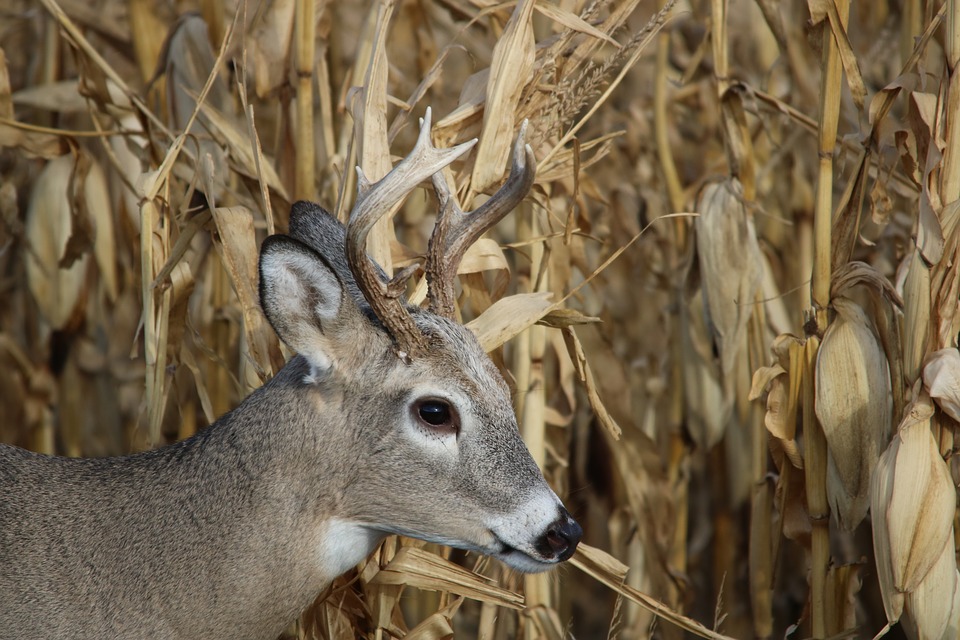A case of chronic wasting disease (CWD) has been validated in a captive white-tailed deer at another breeding facility in Medina County. The Texas Parks and Wildlife Department (TPWD) and Texas Animal Health Commission (TAHC) are conducting an epidemiological investigation into this new case.
The latest finding is from a 3 ½ – year-old buck that underwent a live test rectal biopsy for CWD conducted in March by the deer breeder. Tissue samples revealed the presence of CWD prions during testing at the Texas A&M Veterinary Medical Diagnostic Laboratory (TVMDL) in College Station. TAHC and TPWD were notified by TVMDL of a suspect positive on May 1. The samples were then submitted to the National Veterinary Services Laboratory in Ames, Iowa, which validated the suspect findings on May 9.
TAHC and TPWD are working with the breeder to develop a CWD herd plan.
The facility is in the immediate vicinity of two positive deer breeding facilities/release sites and one low fence ranch where CWD was detected in a free-ranging deer. The latest discovery marks the 50th confirmed positive case of CWD in Texas since 2012.
CWD among cervids is a progressive, fatal disease that commonly results in altered behavior as a result of microscopic changes made to the brain of affected animals. An animal may carry the disease for years without outward indication, but in the latter stages, signs may include listlessness, lowering of the head, weight loss, repetitive walking in set patterns and a lack of responsiveness. To date there is no evidence that CWD poses a risk to humans or non-cervids. However, as a precaution, the U.S. Centers for Disease Control and the World Health Organization recommend not to consume meat from infected animals.




